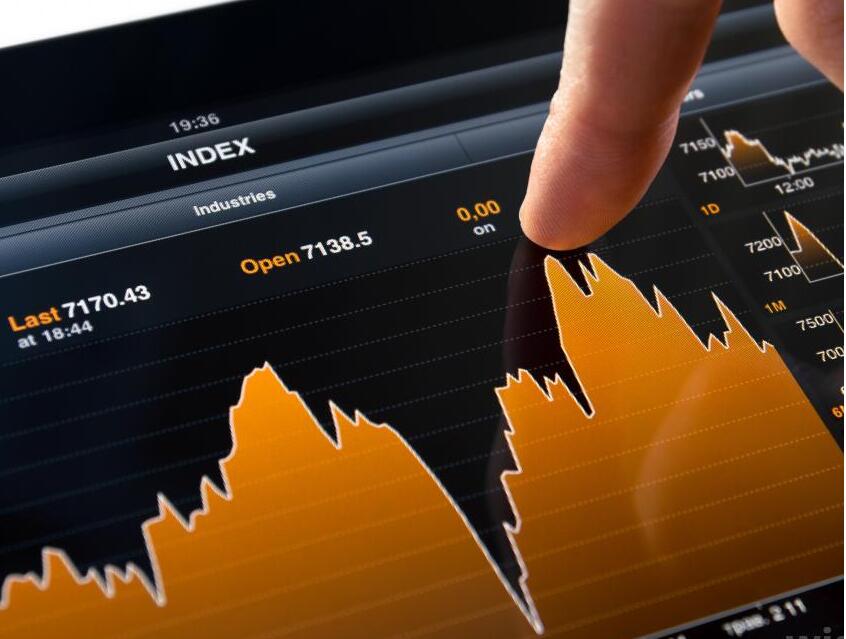What are CFDs?
A CFD (Contract for Difference) is an agreement to exchange the difference in value of the underlying instrument between the time at which the contract is opened and the time at which it is closed.

Geared products like CFDs can help you make the most effective use of your investment capital, but it is important to appreciate that the amount you could gain or lose relative to your initial investment is greater for geared products than for non-geared products.
CFDs are margin traded products. You only need to deposit a fraction of the notional trade value of the contract allowing you to make a much larger investment than in traditional cash markets. Your profit or loss is determined by the difference between the price you buy at and the price you sell at. Margin levels required will vary between different CFD products.
A CFD is all of the following:
An agreement to exchange the difference between the opening price and the closing price of a contract.
A derivative that allows you to trade the price movement of the underlying instrument without actually owning that instrument.
A total return swap where cash is borrowed from the counterparty to purchase a contract for the return of an underlying asset from that counterparty. The borrowing cost can either be paid separately as an overnight financing charge or be included in the spread.
A leveraged product meaning that only need to pay part of the contract value as the initial margin.
A trading contract that gives the client the ability to open a long or short position.
An OTC (Over the Counter) product meaning you can only close that contract with the counterparty you opened it with.